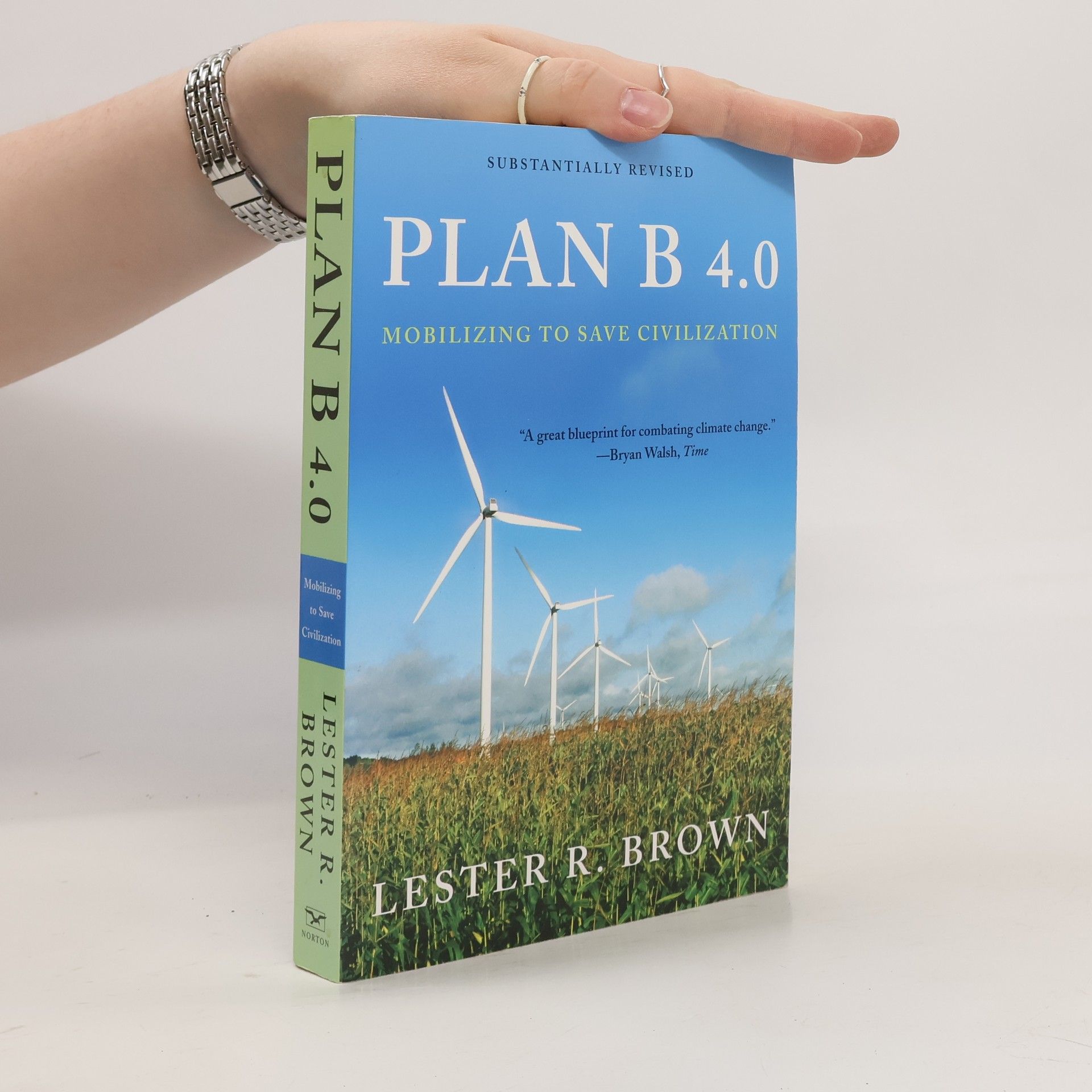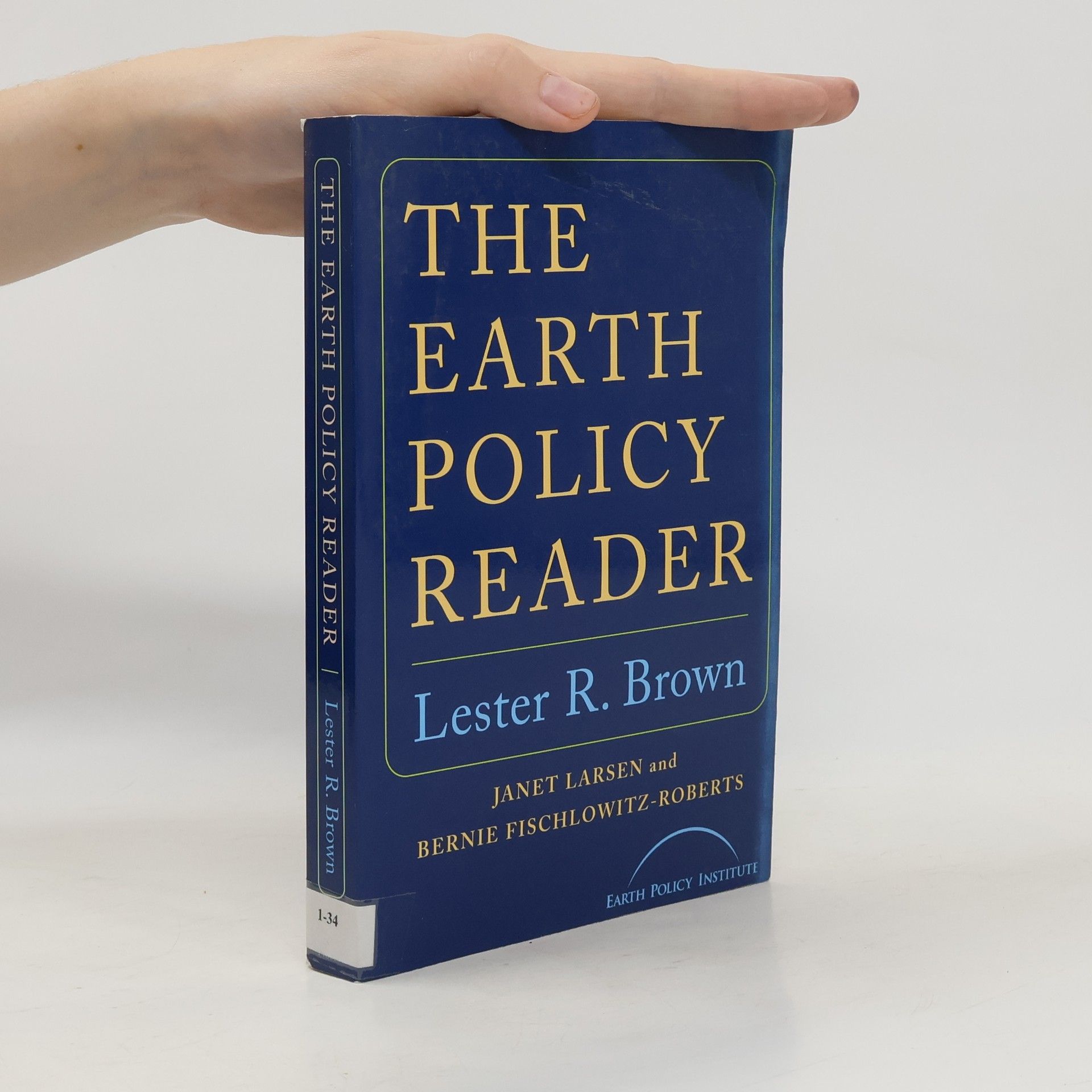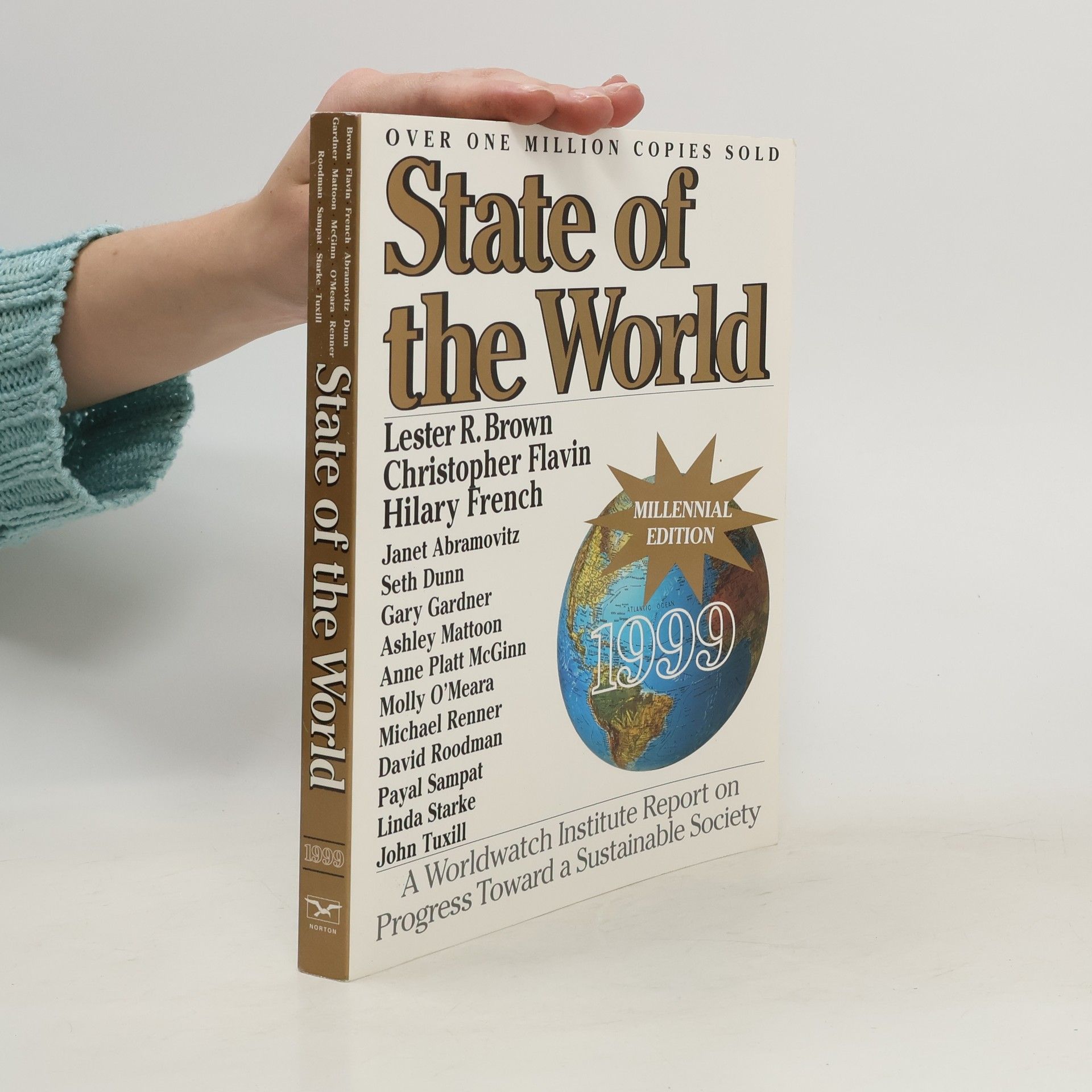Intervista con la Terra. La più bella storia del nostro pianeta
- 170pagine
- 6 ore di lettura
Questo autore è riconosciuto per aver aperto la strada al concetto di sviluppo sostenibile, lanciando fin da subito avvertimenti sulle conseguenze ambientali delle azioni umane come la pesca eccessiva e la deforestazione. I suoi scritti influenti hanno plasmato in modo significativo il discorso globale su popolazione, risorse e la necessità impellente di una gestione ambientale responsabile. Il suo lavoro sottolinea costantemente l'interconnessione tra la società umana e il mondo naturale. Attraverso le sue analisi acute, costringe i lettori ad affrontare le sfide del degrado ambientale e ad assumersi la responsabilità per il futuro del pianeta.






Report assessing society's ability to sustain itself without hurting the next generation
First Published in 2011. Routledge is an imprint of Taylor & Francis, an informa company.
Focusing on the urgent need for environmental reform, this volume highlights the detrimental impact of our current consumption-driven economy on ecosystems. It emphasizes the transition to a sustainable economy that prioritizes renewable energy and resource recycling. The authors present this challenge as not only vital for ecological preservation but also as a significant investment opportunity. With accessible language and informative charts, it serves as a crucial resource for leaders and citizens engaged in the global environmental movement.
Award-winning environmental analyst Lester R. Brown and his colleagues chart progress in building the eco-economy, an economy that is compatible with the earth's ecosystem. Brown explains, for example, why wind-generated electricity with its abundance and falling cost is emerging as the foundation of the new post-fossil fuel energy economy: now cheaper than electricity from coal, oil, or natural gas, it can be used to electrolyze water and produce hydrogen, the fuel of choice for the new fuel cell engines that every major automobile manufacturer is working on. And since an eco-economy relies heavily on recycling materials already in the system, such as steel and aluminum, we learn how, in this new economy, recycling industries will largely replace mining industries. Bringing together in one volume the essential Eco-Economy Updates that are distributed worldwide over the Internet and published in the world's leading newspapers, The Earth Policy Reader monitors the shift from the old economy to the new.
Provides alternative solutions to such global problems as population control, emerging water shortages, eroding soil, and global warming, outlining a detailed survival strategy for the civilization of the future.
Mobilizing to Save Civilization
"How to build a more just world and save the planet....We should all heed Brown's advice."―Bill ClintonIn this updated edition of the landmark Plan B, Lester Brown outlines a survival strategy for our early twenty-first-century civilization. The world faces many environmental trends of disruption and decline, including rising temperatures and spreading water shortage. In addition to these looming threats, we face the peaking of oil, annual population growth of 70 million, a widening global economic divide, and a growing list of failing states. The scale and complexity of issues facing our fast-forward world have no precedentWith Plan A, business as usual, we have neglected these issues overly long. In Plan B 3.0 , Lester R. Brown warns that the only effective response now is a World War II-type mobilization like that in the United States after the attack on Pearl Harbor.
Argues that, like Sumerian and Mayan civilization, the world economy is fast destroying its environmental support, threatening future generations. Outlines the author's vision of a new environmentally sustainable economy .
Wake-up Call for a Small Planet
In an integrated world economy, China's rising food prices will become the world's rising food prices. China's land scarcity will become everyone's land scarcity. And water scarcity in China will affect the entire world. China's dependence on massive imports, like the collapse of the world's fisheries, will be a wake-up call that we are colliding with the earth's capacity to feed us. It could well lead us to redefine national security away from military preparedness and toward maintaining adequate food supplies.